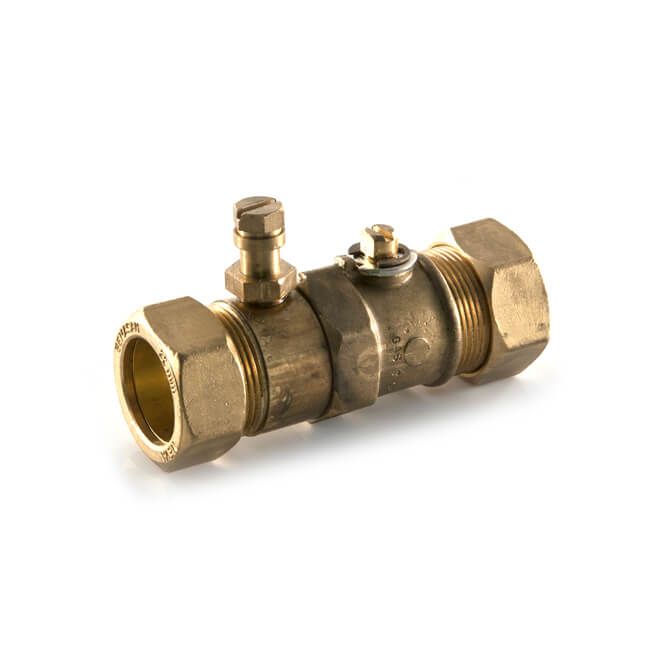Hi all,
Quick question regarding the specifications used for Gas Safe validity.
I am purchasing a flat near London for which the seller provided a Gas Safe new boiler install certificate from 2018.
I had a plumber check the gas last week and he is saying the gas tubes are too small and the current installation is not "Gas Safe" compliant.
How is it possible? I know the specifications sometimes change but it seems the latest change is from early 2018 so if the boiler installation was compliant at the time, it should still be, shouldn't it?
Many thanks
Quick question regarding the specifications used for Gas Safe validity.
I am purchasing a flat near London for which the seller provided a Gas Safe new boiler install certificate from 2018.
I had a plumber check the gas last week and he is saying the gas tubes are too small and the current installation is not "Gas Safe" compliant.
How is it possible? I know the specifications sometimes change but it seems the latest change is from early 2018 so if the boiler installation was compliant at the time, it should still be, shouldn't it?
Many thanks


